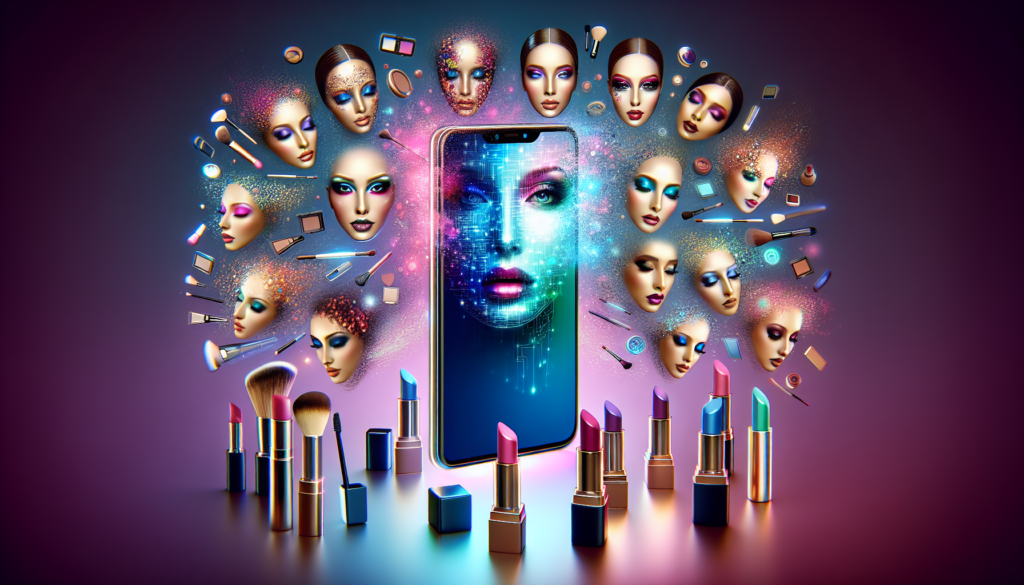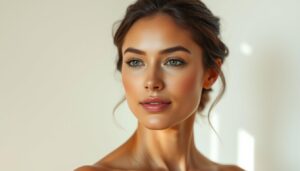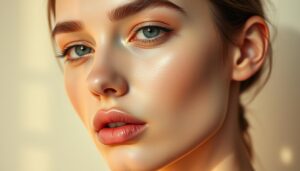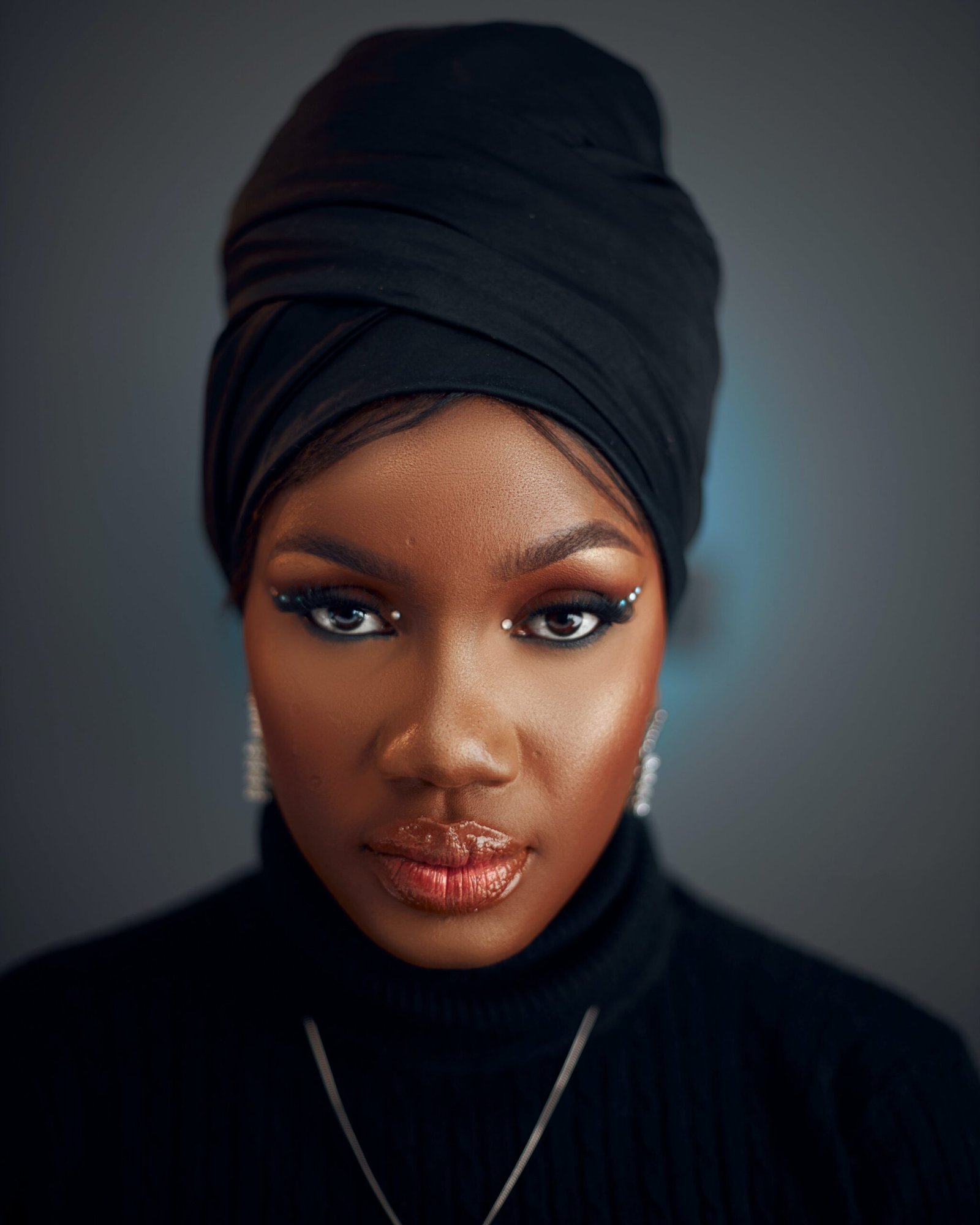
As a makeup artist, you understand the power of transforming someone’s appearance and boosting their confidence. However, in this age of technological advancements, AI makeup apps have emerged as a hot topic in the beauty industry. The question on everyone’s mind is: Can these apps ever truly replace the expertise and artistry of a real-life makeup artist? While AI apps offer convenience, accessibility, and trend-driven inspiration, they fall short in areas such as handling skin concerns and adapting to different lighting conditions. In this article, we will explore the impact of AI makeup apps on the beauty industry, delve into the deeper aspects of makeup artistry, discuss the potential for human-AI collaboration, and leave you with a positive outlook on the future.
The Impact of AI Makeup Apps on the Beauty Industry
As a makeup artist, you understand the transformative power of beauty. You’ve witnessed firsthand how a well-applied foundation can boost someone’s confidence or how a perfectly blended smokey eye can make their eyes sparkle. But in recent years, a new player has entered the beauty scene – AI makeup apps. These apps promise convenience, accessibility, and a plethora of virtual try-ons and filters. However, this has sparked a heated debate within the industry regarding their role and potential to replace real-life makeup artists.
The Debate
The question at the heart of the debate is whether AI makeup apps can ever truly replace the expertise and artistry of a real-life makeup artist. On one side, there are those who champion the convenience and accessibility afforded by these apps. They argue that AI makeup apps offer virtual try-on features, instant filters, and step-by-step tutorials that make it easier than ever for anyone to achieve their desired look.
Pro-AI
Proponents of AI makeup apps highlight the convenience and accessibility they bring to the table. With just a few taps on a smartphone, anyone can experiment with different looks and styles without the need for expensive products or professional assistance. The virtual try-on feature allows users to see how a certain shade of lipstick or eyeshadow would look on their own face, saving them from costly trial and error.
The instant filters offered by AI makeup apps also cater to the current trend of enhancing social media photos. Users can achieve flawless skin, brighter eyes, and even experiment with fun and unique looks.
Step-by-step tutorials are another advantage of AI makeup apps. They provide beginner-friendly guidance and empower users to learn new techniques at their own pace, without the pressure of performing in a professional setting.
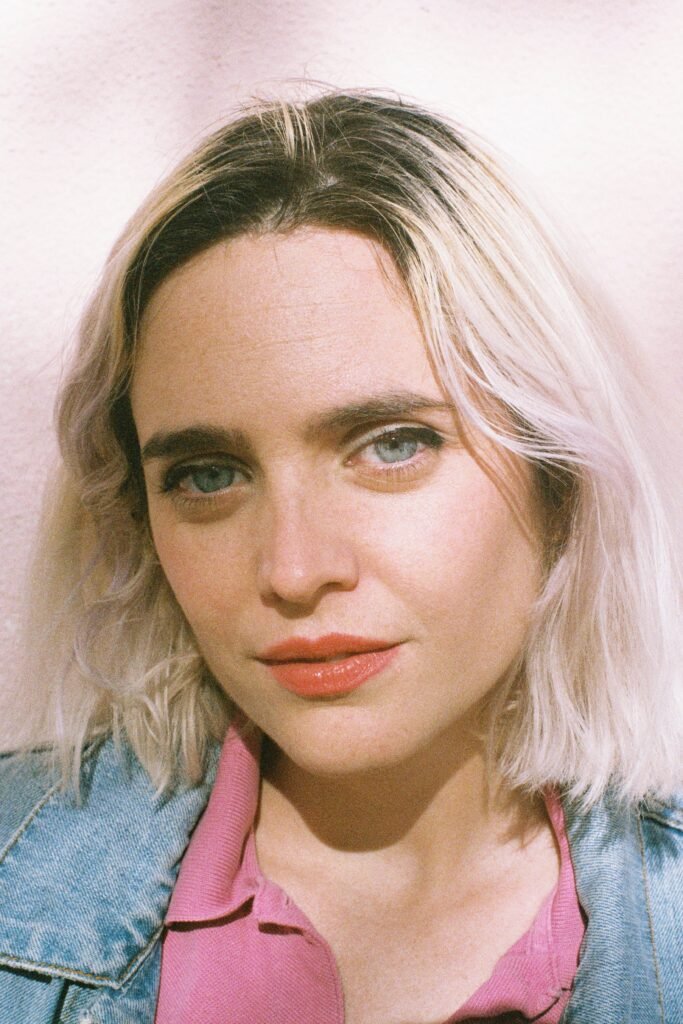
Pro-Artist
On the other side of the debate, makeup artists argue that their expertise and unique skillset cannot be replaced by AI makeup apps. They emphasize the irreplaceable value of human skill in the art of makeup application. A makeup artist brings personalized advice based on their extensive knowledge and experience.
Artists can adapt to unique features and create custom looks tailored to an individual’s personality and preferences. Unlike AI apps, which have pre-programmed filters and looks, a makeup artist can conceptualize and execute a one-of-a-kind style that truly enhances a person’s natural beauty.
Your Expertise
As a professional makeup artist, you have the advantage of firsthand experience working with clients and witnessing the limitations of AI makeup apps. While these apps can offer convenience and inspiration, they often fall short in addressing individual concerns and adapting to different lighting conditions.
Handling skin concerns is an area where AI makeup apps struggle. Whether it’s acne, scars, or texture issues, these apps often rely on algorithms that may not accurately represent real-life skin conditions. A trained makeup artist, on the other hand, can assess and address these concerns with expert techniques and product knowledge.
Adapting to different lighting conditions is another aspect where AI makeup apps pale in comparison to human artistry. Natural light, artificial lighting, and various settings can significantly impact the way makeup appears on someone’s face. A skilled makeup artist understands this and has the ability to adjust products and techniques accordingly to ensure flawless results in any lighting situation.
Creating a look that reflects individual personality is yet another area where AI makeup apps can fall short. While they offer a vast array of pre-set filters and looks, they lack the personal touch and artistic interpretation that a human artist brings to the table. A makeup artist takes the time to get to know their clients, their preferences, and their unique facial features, allowing them to create a look that is both flattering and distinct.
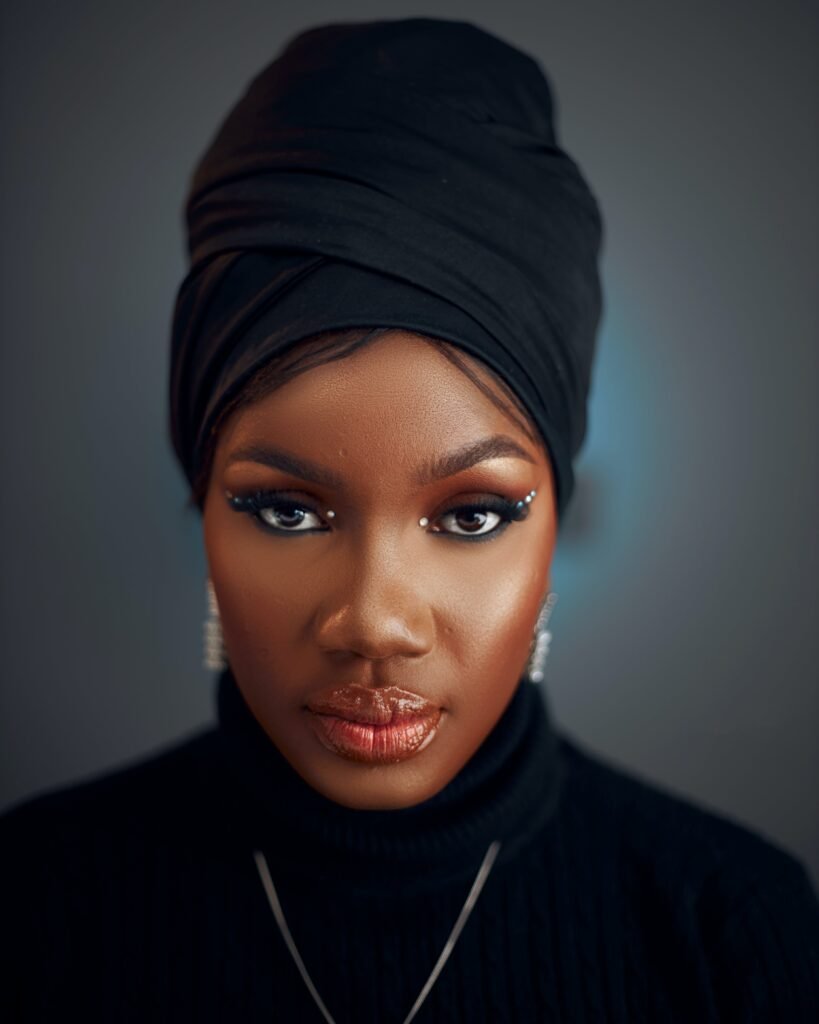
Beyond the Filter
While AI makeup apps excel at technical application, there are deeper aspects of makeup artistry that go beyond achieving a specific look. Understanding face morphology, color theory, and different skin types are crucial elements in creating a truly customized and harmonious makeup style.
Face morphology, or the study of facial structure and proportions, plays a significant role in makeup application. AI apps may not have the ability to analyze and adjust the application techniques based on an individual’s unique facial features. A makeup artist, however, can tailor the approach to highlight their client’s best features and minimize any perceived imperfections.
Color theory is another aspect that sets makeup artists apart from AI apps. Artists have a deep understanding of how different colors interact with each other and can create stunning and harmonious looks. They can adapt color choices based on a person’s skin tone, undertones, and personal style, ensuring a cohesive and flattering result.
Adapting to different skin types is also an essential skill that makeup artists possess. While AI apps may claim to offer a wide range of shades and products, a trained artist knows how to work with different skin textures, from oily to dry, and select products that will enhance and benefit each individual.
Enhancing personal style is yet another aspect where makeup artists shine. They have the ability to incorporate a person’s unique style preferences into their makeup looks, helping them express their personality and individuality through their appearance.
Finding Harmony
While the debate between AI makeup apps and makeup artists may seem polarizing, there is space for these two worlds to coexist and even complement each other. AI apps can serve as valuable tools for makeup artists, providing color palettes, trend inspiration, and even assisting with basic application techniques.
Color palettes offered by AI apps can inspire artists to experiment with new combinations and push the boundaries of traditional makeup. Trend inspiration can help artists stay up to date with the latest looks and adapt them to suit their clients’ preferences.
Assistance with basic application techniques can also be beneficial, especially for beginners or those looking to refine their skills. AI apps can provide step-by-step tutorials, offering guidance and building confidence in the application process.
The future holds exciting possibilities for human-AI collaboration in the world of makeup. As technology continues to advance, it’s not far-fetched to imagine a world where makeup artists and AI apps work hand in hand, leveraging the strengths of both to create extraordinary and personalized beauty experiences for clients.
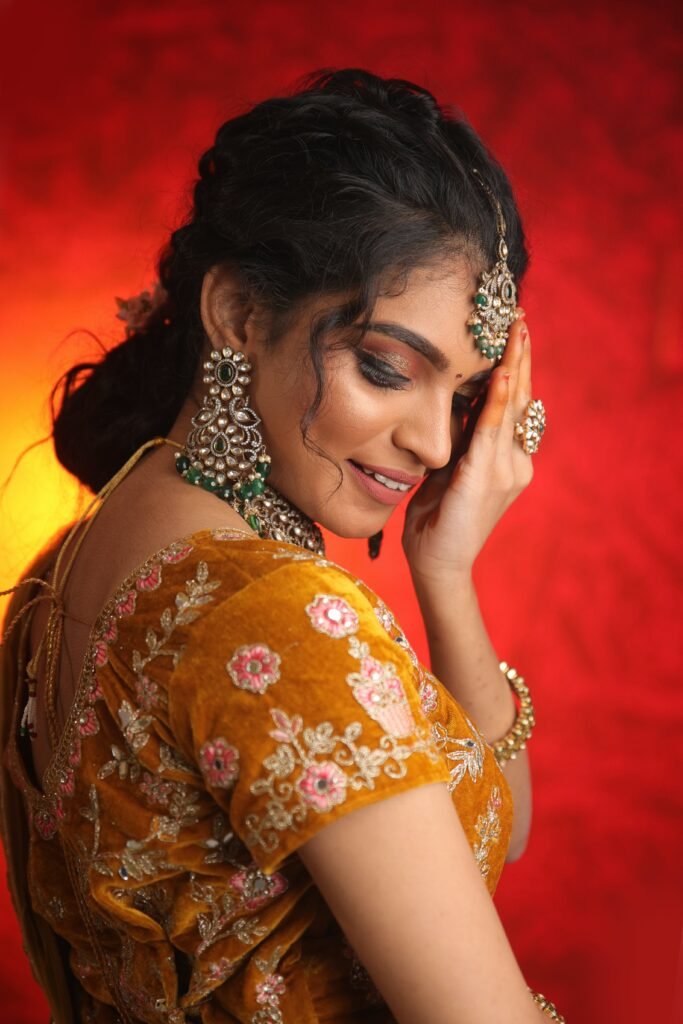
Conclusion
In conclusion, the debate between AI makeup apps and real-life makeup artists is nuanced and multifaceted. While AI apps offer convenience, accessibility, and a wide range of virtual try-ons and filters, they can never fully replace the expertise and artistry of a skilled makeup artist.
As a makeup artist, technology can be seen as a tool that enhances your skills rather than a threat to your profession. Embrace the advancements and utilize them to your advantage. By combining the convenience and inspiration offered by AI makeup apps with your unique expertise and personal touch, you can create truly transformative experiences for your clients.
The irreplaceable role of human artistry in makeup will always be valued. Technology may evolve, but the ability to express individual beauty, build confidence, and create personalized looks will forever be the domain of the skilled makeup artist.
Additional Tips
To further enhance your article, consider incorporating real-life examples and client testimonials. These anecdotes can illustrate the impact of AI makeup apps and how your expertise as a makeup artist offers something truly special.
Visuals can also add depth to your article. Consider including before-and-after photos, makeup diagrams, or screenshots of popular AI makeup apps to provide visual context to your points.
Maintain a positive and professional tone throughout the article. While acknowledging the concerns of artists in the face of technological advancements, remain optimistic about the future and the ways in which technology can enhance your skills.
Finally, encourage discussion and feedback from your readers in the comments section. Invite them to share their own experiences with AI makeup apps and their thoughts on the evolving role of makeup artists in an increasingly digital world.
By showcasing your expertise, sharing insightful perspectives, and remaining optimistic about the future, you can create a compelling blog post that resonates with both clients and fellow artists.
